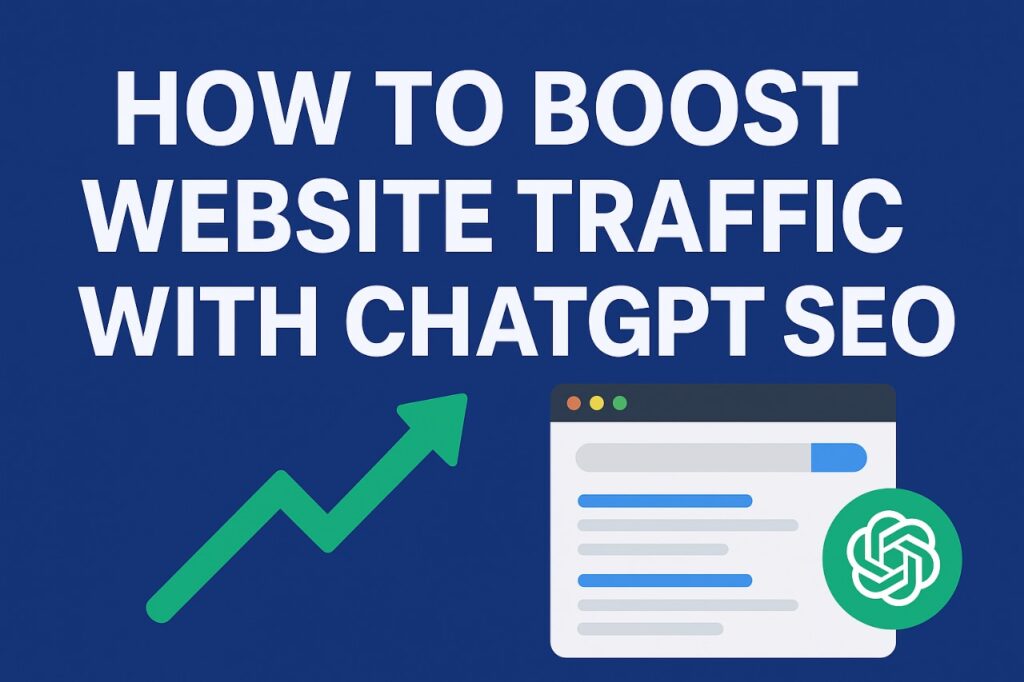
Why Traditional SEO Isn’t Enough Anymore
Everyone’s still playing by the Google rules, but AI search has evolved into something far more sophisticated, and most businesses are still stuck in the past. Traditional SEO isn’t dead, but it’s no longer enough. AI search has added an entirely new layer of sophistication to how people find businesses online, and the growth is explosive.
ChatGPT usage has skyrocketed from nearly zero to dominating search behavior in just 3 years, while platforms like Gemini and Claude are growing rapidly too.
AI Search vs. Google Search
- Google looked at domain authority and backlinks. AI search looks at context and mentions across the web.
- Google focused on keyword optimization. AI search focuses on whether you can answer specific questions.
- Google used algorithms to rank. AI search uses comprehension to match human intent.
When someone asks ChatGPT, “What are the best project management tools for remote teams?” it pulls from Wikipedia, blogs, news, portals, and case studies—then decides which answer best fits. ChatGPT collapses hours of research into seconds by giving the most relevant insights from trusted sources.
The Shift to AI-Assisted Search
Businesses that understand this new layer are getting visitors that convert 4.4× better than traditional Google traffic. LLM traffic drove 72.5% engagement, while traditional search only hit 60.4%. Visitors also stayed longer—2 minutes 13 seconds on average vs. 1 minute 37 seconds from traditional search.
Four Factors AI Looks For
- Authority signals – AI looks for citations from respected publications, blogs, Wikipedia, and news. Vendor pages rank lowest.
- Content intelligence – Content must directly answer questions with original data and be structured with clear headers and scannable formatting.
- Specificity strategy – Target ultra-specific solutions like “best CRM for manufacturing companies with 100 sales reps.”
- Reputation network – Mentions across the web matter, but context and thoroughness weigh more than domain authority.
Case Study: HubSpot
HubSpot engineered their dominance in AI search. Instead of a few broad CRM pages, they created hundreds of ultra-specific ones, such as CRM for real estate teams or SaaS startups. They focused on bottom-of-funnel content, scaled using AI, and built contextual mentions through PR and community engagement. Now, HubSpot appears in most ChatGPT CRM recommendations and often becomes the default choice.
Three-Step ChatGPT Traffic System
Step 1: Get AI’s Attention
Create citation-worthy content with original research and data. Optimize everything for AI parsing—clear structure, direct answers, and scannable formatting. Submit your site to Bing Webmaster Tools, since ChatGPT uses Bing’s index.
Step 2: Expand Your Authority
- Build mentions through digital PR and guest content.
- Engage authentically on Reddit, Quora, and forums.
- Create comparison content (X vs Y vs Z) with real data.
Step 3: Own Your Space
- Scale ultra-specific content with AI tools.
- Monitor mentions across the web.
- Track AI visibility with tools like Ubersuggest.
- Test your industry’s common ChatGPT queries monthly.
Expect 3–6 months for meaningful results, but some wins come sooner.
Most competitors don’t even know this game exists yet. The businesses that act now can own their territory before others realize what’s happening. AI search isn’t the future—it’s already here, and it’s wide open. Just like the early days of SEO, this is the best time to take action.
